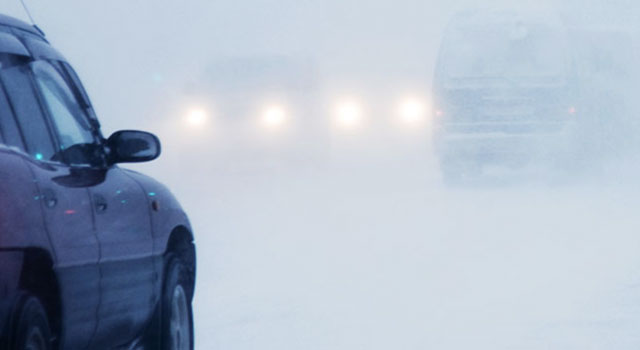The cold and unpredictable Northeast weather can really take a toll on your car. But a little preparation can help you avoid costly repairs and keep you from being stranded in the cold. To keep your car running smoothly over the next few months, we’ve rounded up these tips:
Snow tires:
If you live in an area with regular snowfall, it might be a good idea to invest in a set of snow tires (also known as winter tires). Unlike all-season tires, snow tires are made with a special rubber compound that keeps them flexible and soft in cold temperatures. When snow and ice cover the roads, the tires need to be able to bend and stretch with the uneven surface. Also, snow tires have deep tread patterns that help with gripping slippery surfaces – like an icy road.
Engine antifreeze:
As winter approaches, make sure your engine antifreeze (coolant) to water ratio is appropriate for cold temperatures. Typically a 50/50 mixture of antifreeze and water is appropriate but you should check with your vehicle’s manufacturer for the precise ratio. If you need to test the coolant mixture, test kits should be available at most auto-parts retailers.
Engine oil:
Outside temperatures will determine which type of engine oil you should use. For example, in the winter it’s a good idea to switch to thinner oil so that it won’t freeze as easily as thick oil will – which is better for the warmer months. Refer to your owner’s manual to identify which viscosity works best for your car this time of year.
Battery life:
Just as cold temperatures can affect your car’s tires and engine, they also impact your battery. Now that winter is underway, consider testing your car’s battery for replacement. The last thing you want is to find yourself stranded on account of a dead battery.
Emergency kit:
Your car winterizing isn’t complete without putting together a list of tools and items to keep handy in your trunk. A tire jack, spare tire, jumper cables, flares, windshield scraper, small folding shovel, blankets, nonperishable food, water and a first-aid kit are some of the essentials. Check out Consumer Reports for a list of more roadside emergency kit materials.
We hope that with the right preparation, both you and your car will get through the winter months safe and sound. For additional information, check out our winter storm safety tips.

